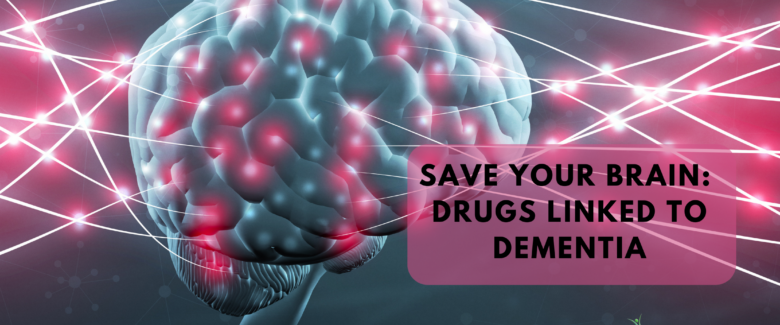Meds that Mess with MemoryMemory and the ability to think and reason clearly (cognitive function) happens when there is communication between the nerves in the brain. The following medications can interfere with this brain cell communication. Finding natural alternatives to your health issues is my superpower. Let’s work together to preserve your brain…and not destroy it. |
|
|
|
 |
|
5 Word Memory Test |
|
|
Have someone tell you 5 common words and have you repeat them 10 minutes later. If you don’t pass, don’t despair. Poor memory can be caused by many factors that can be corrected naturally by working with me. |
|
What is a Neurotransmitter? |
|
|
Neurotransmitters are the body’s chemical messengers. They carry messages (chemical signals) from one nerve cell across a space to the next nerve cell, muscle cell or gland cell. This happens throughout your entire body and is called your nervous system. There are many neurotransmitters in the body and we are discovering more. These are the ones we know the most about. Acetylcholine Epinephrine Norepinephrine Dopamine Gamma-AminoButyric Acid (GABA) Glutamate Serotonin Histamine Glycine Endorphins |
|
The Importance of Acetylcholine |
|
|
Made of acetic acid and choline, acetylcholine is an important neurotransmitter. That is why eggs are so good for you, they contain a good amount of choline. Remember to choose organic. Acetylcholine regulates heart rate, blood pressure and gut function. It plays a role in muscle function, memory, motivation, sexual desire, sleep and learning. Imbalances in acetylcholine levels are linked with many health issues, including dementia, seizures and muscle spasms. Not enough acetylcholine can lead to the memory loss and Alzheimer’s disease. |
|
Anticholinergic Drugs |
|
|
Medications work by increasing or decreasing the amount of or the action of neurotransmitters. Some medications block the enzyme acetylcholinesterase, which breaks down the neurotransmitter acetylcholine. This allows for more acetylcholine to remain active. These medications are used to stabilize and improve memory and cognitive function in people with Alzheimer’s disease, as well as other neurodegenerative disorders. Anticholinergic drugs block acetylcholine in the body. This can lead to memory problems, dementia and Alzheimer’s disease. Some antihistamines, antidepressants and muscle relaxants have anticholinergic properties. |
|
Drugs to Avoid |
|
|
Antihistamines: Diphenhydramine/Benadryl, Advil PM, Tylenol PM (Tylenol can damage the liver too), Chlorpheniramine/Chlor-tab, Aller-Chlor, Coricidin HBP, Doxylamine/Unisom (an antihistamine used for sleep just like Benadryl can make you sleepy), Nytol, Piriton Tricyclic Antidepressants: Doxepin/Silenor, Nortriptyline/Pamelor, Amitriptyline/Elavil, Senepin Irritable bowel syndrome medications: Hyoscyamine/Levsin, Dicyclomine/Bentyl Overactive bladder medications: Dirifenacin ER/Enablex, Oxybutynin/Ditropan, Tolterodine/Detrol, Trospium/Sanctura, Solifenacin/Visicare, Fesoterodine/Toviaz |
|
Better Alternatives |
|
|
Instead of using antihistamines, let’s identify and eliminate your allergies using muscle testing, NAET and natural antihistamines. Instead of needing antidepressants let’s identify imbalances contributing to mood changes by doing functional medicine lab testing. Constipation, diarrhea, gas and bloating are symptoms that we have great success eliminating in our practice without the need for harmful medication. |
|
|
The thought of having memory issues can be scary. Let’s work together today to create a better brain for the future. ~Dr. Stacey |
|
|


